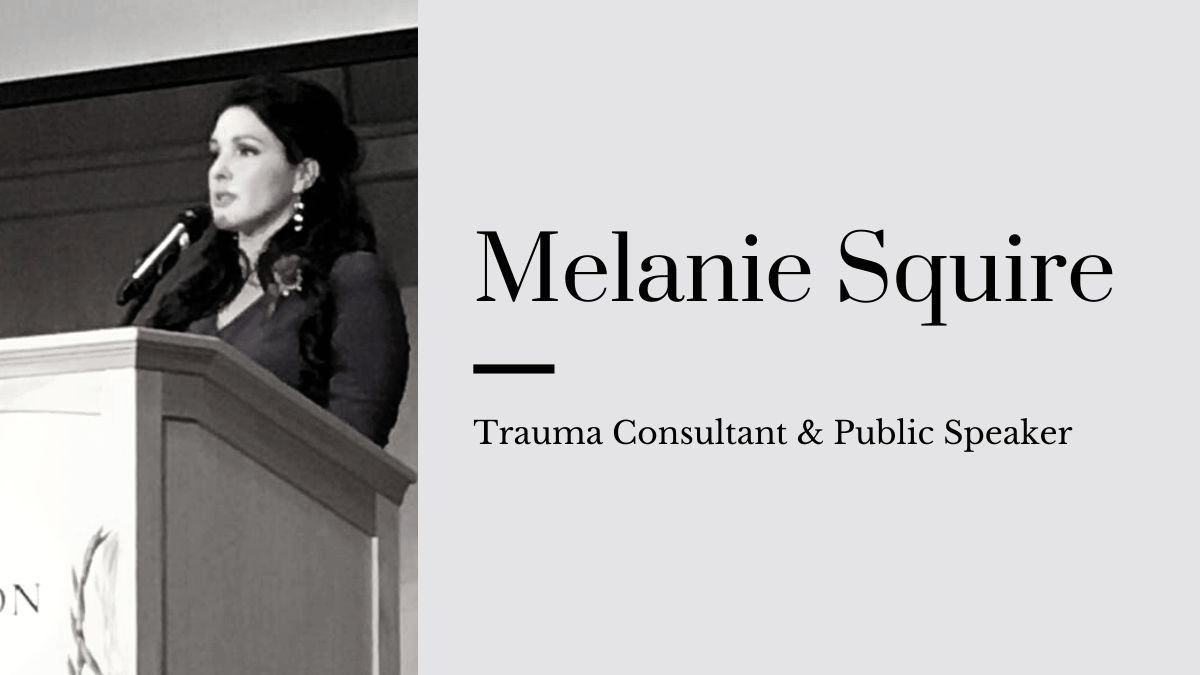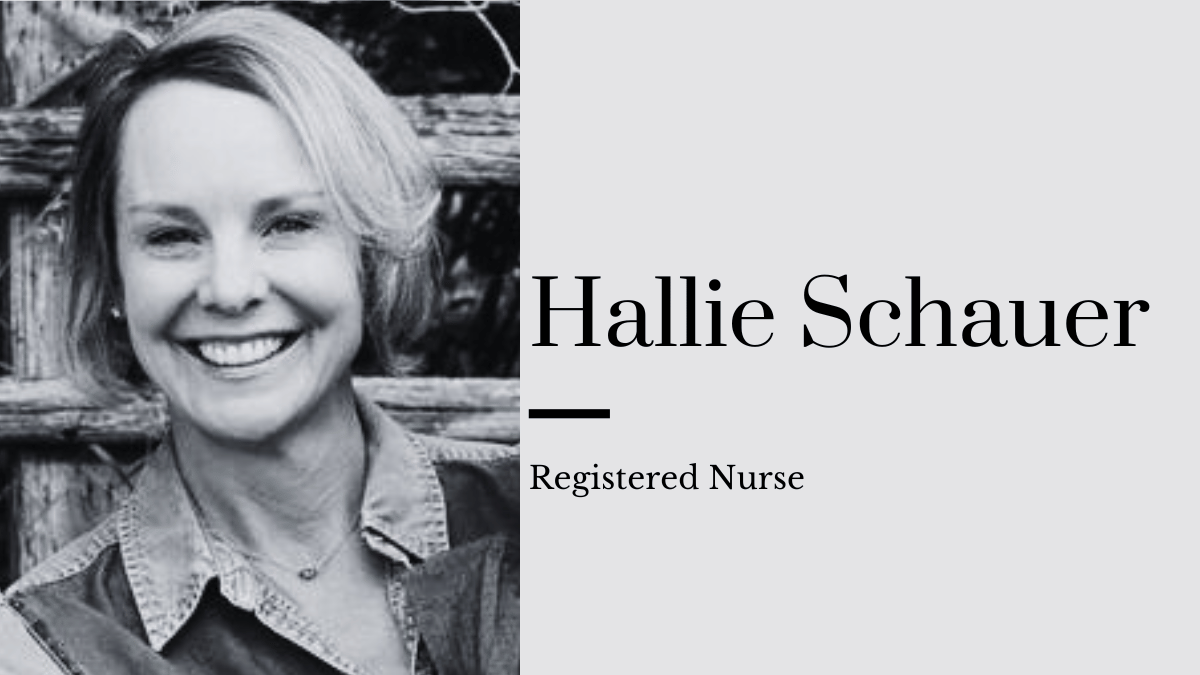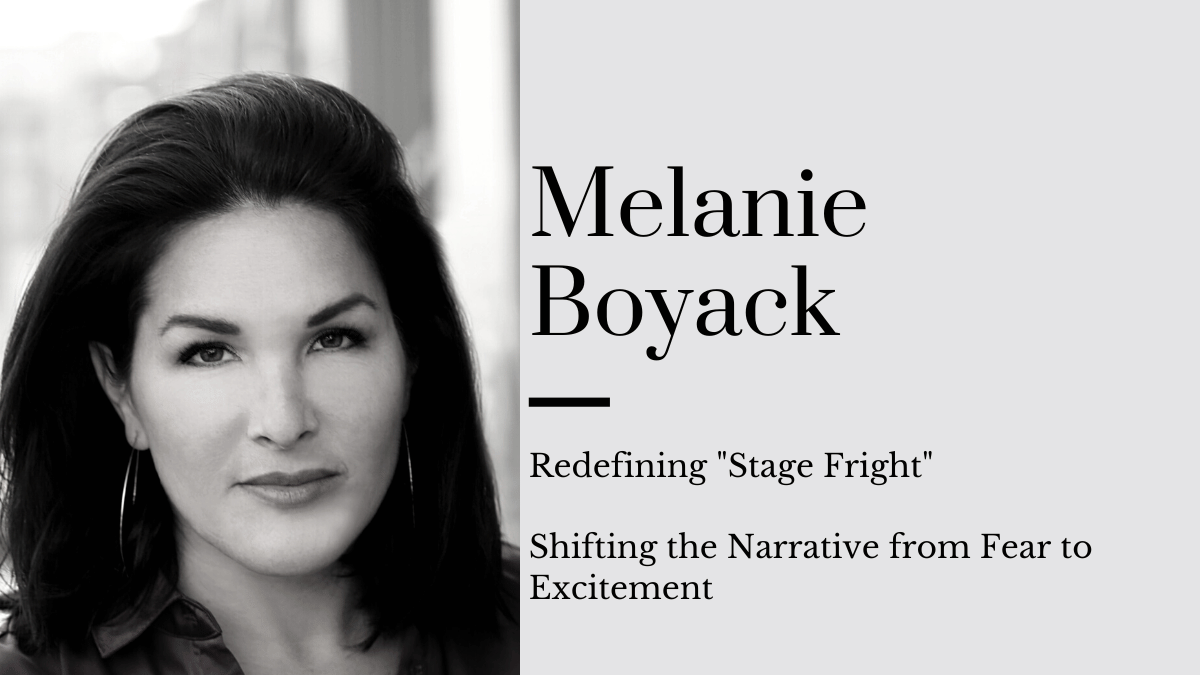Your first 15 seconds matter.
It's your chance to make a lasting impression on your audience, and that impression is formed within this short time frame. You must look good, project confidence, and exhibit peak physiology to seize this opportunity. In this article, we'll explore the normalcy of nervousness, the importance of a strong start, and the strategies to build a solid foundation for effective public speaking and presentations.
Understanding the Normalcy of Nervousness
Nervousness is an innate response that everyone experiences to some degree. When faced with public speaking or presentation, it's typical to feel physiological reactions such as pounding hearts and trembling hands. The key here is not to associate these feelings with the notion that you will perform poorly or make a fool of yourself. Some nerves can be beneficial.
Research indicates that approximately 75% of people suffer from speech anxiety before giving a presentation or public speech. This anxiety triggers an adrenaline rush, which might make you sweat but also primes you to be more alert and prepared to perform your best.
Grabbing and Maintaining Audience Attention
An essential factor in public speaking is audience engagement. You only have around 8 to 10 minutes to effectively capture and maintain your audience's attention. Therefore, as speakers, we must employ strategies to re-engage and captivate our audience every 8 to 10 minutes.
This may involve introducing new content, using humor, sharing anecdotes, or even changing the tone and pace of your speech. The goal is to break the monotony and keep your audience attentive and engaged throughout your presentation.
Overcoming Anxiety: The Power of Preparation
One of the most effective ways to conquer the fear and anxiety associated with public speaking is preparation. You can never be too prepared. Here are some key steps to follow:
1. Study Your Material Thoroughly
Before you even think about presenting, get to know your material inside and out. Understand the key points, facts, and figures. The more familiar you are with your content, the more confident you will feel.
2. Practice, Practice, Practice
Rehearse your presentation multiple times. Stand in front of a mirror, use cue cards, or even practice in front of a trusted friend. Practicing helps you refine your delivery and makes you more comfortable with the material.
3. Videotape Yourself
If possible, record your practice sessions on video. Watching yourself can provide valuable insights into your body language, gestures, and speaking style. It can help you identify areas for improvement.
4. Seek Feedback
Don't hesitate to seek feedback from a colleague, friend, or mentor. They can offer constructive criticism and help you refine your presentation. Constructive feedback is an invaluable tool for personal and professional growth.
5. Control Your Environment
Arrive at the venue early, if possible. Familiarize yourself with the space, the microphone, and any equipment you'll be using. Being in control of your environment can significantly reduce anxiety.
Embrace Nervousness, Excel with Preparation
Nervousness is a natural part of public speaking, but it doesn't have to hinder your performance. A certain level of anxiety can be beneficial. The key is embracing, understanding, and channeling it into dynamic, engaging presentations.
Melanie Squire, a distinguished expert in trauma consulting, emphasizes the importance of a strong start, recognizing that the first 15 seconds set the stage for your entire presentation. Additionally, she underscores the significance of meticulous preparation, encouraging you to study your material, practice rigorously, and seek feedback. Following these steps can transform nervousness into a powerful tool for public speaking success.
Practice and preparation are the keys to delivering impactful and memorable presentations.
About Melanie Squire
Melanie Squire is a seasoned Trauma Consultant and Speaker with Responder Solutions. With a background in leadership as a CEO, Director, and Trauma Therapist at the Military and Veteran Counseling Center, Melanie brings a wealth of experience and knowledge to her work. She graduated from the University of Utah and has dedicated her career to empowering individuals and organizations to overcome challenges.
To learn more about Melanie Squire, visit her official website.





